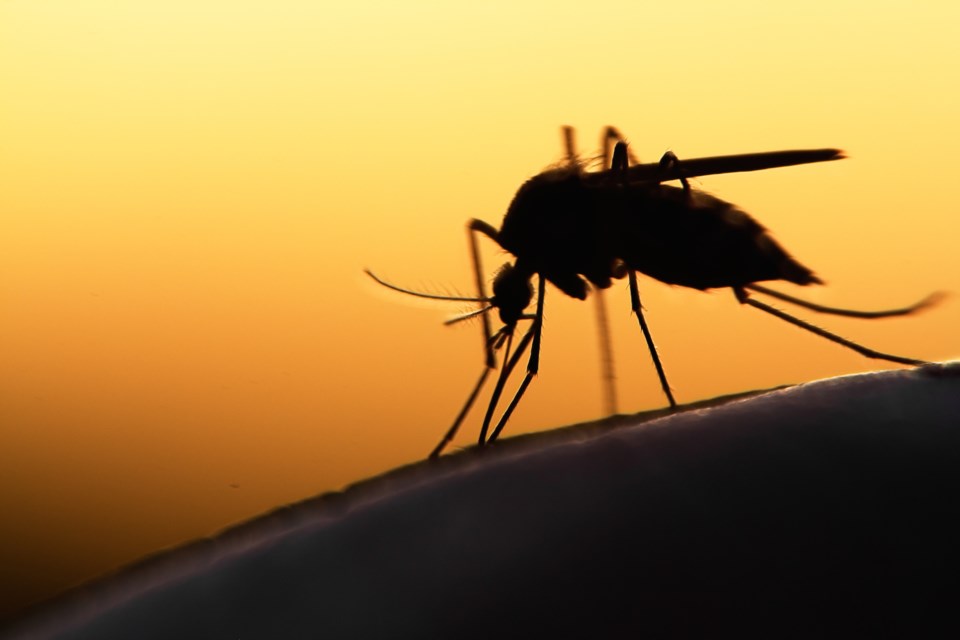The North Bay Parry Sound District Health Unit is warning residents to take precautions against West Nile Virus (WNV) after a positive case was confirmed in a Broad-Winged Hawk on Friday, Aug. 23.
The Broad-winged Hawk is a common but secretive bird of Canada's southern deciduous and mixed forests whose Canadian population has increased steadily since about 1970.
According to Birds Advice The Broad-Winged Hawk is a stocky bird of prey, averaging around 15 inches long and with a wingspan of 34 inches
The Canadian Wildlife Health Cooperative reported a positive case in a hawk collected in the Parry Sound, Unorganized, Centre Part area. This is the third confirmed case of WNV in a bird in the Health Unit region this year with two American Crows collected in North Bay confirmed positive earlier in the summer.
"The detection of West Nile Virus is a reminder that the virus is present in the local wildlife in our community even as we approach the end of summer," says a news release. "Mosquitoes infected with West Nile Virus typically transmit it to birds and other wildlife, and occasionally to humans. While the risk of human infection is low, we encourage all residents to take simple precautions to protect themselves and their families."
To reduce the risk of WNV, the Health Unit recommends the following:
- Use insect repellent containing DEET or icaridin when outdoors, especially during dusk and dawn when mosquitoes are most active.
- Wear light-colored, long-sleeved shirts and pants.
- Ensure window and door screens are in good repair to keep mosquitoes outside.
- Eliminate standing water around the home where mosquitoes breed, such as in bird baths, rain gutters, and planters.
"Though most people with WNV do not show symptoms, residents are advised to monitor for symptoms. These may include fever, headache, body aches, joint pains, vomiting, diarrhea, or a rash. Rarely, more severe neurological symptoms can occur. Anyone experiencing these symptoms should contact their healthcare provider," says the release.


.png;w=120;h=80;mode=crop)
